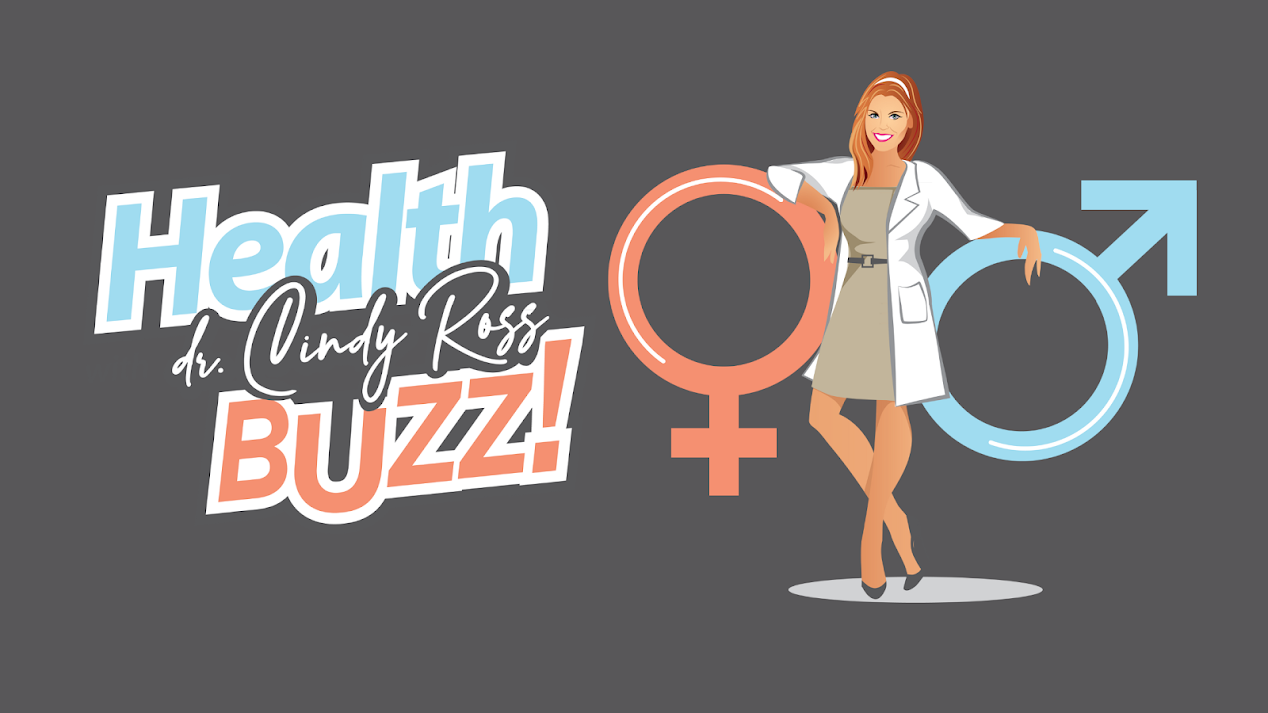One of the daily challenges facing the Maasai people is the need for clean, sustainable drinking water. Every day they have to fetch water for their families and livestock from whatever source they can find. Usually, this responsibility falls upon the children. They may have to walk for hours to a watering hole that is shared by livestock and wild animals putting their health and safety at risk. It’s not uncommon for them to return empty-handed because of hyenas and other wild animals.
It is our vision to supply these villages with clean, sustainable water sources such as wells and tanks. This makes a huge impact on the community and greatly aids in empowering these people to have a better quality of life.
This region is a very impoverished area where resources are few. The people depend entirely upon their crops for food, income, and their children’s school fees. When they encounter agricultural problems such as disease or migration of wildebeest, it’s devastating and leaves them in desperate need.
Our hope is to help build back electric fences powered by solar panels surrounding their crops, so these tribes can feed their people and send their children to school.
Together with your help, we can make it happen!
The Ark children’s home solicits for scholarship for their children. Some of their children are benefiting from free primary education in Kenya. In collaboration with various partners, they are able to provide school uniforms, meals, and transport.
With the support of friends and partners, they are proud to have children who have completed secondary education. They currently have 10 teenagers undertaking their secondary education in provincial and district schools in Kenya.
The Ark children’s home grows maize, beans, onions, kale, tomatoes, and potatoes for consumption and sale. This generates income for the center.
They have also planted trees around the Ngoliba campus for their environment and better air quality. They are keen on taking care of nature.
The Ark Children’s home supports children orphaned through HIV/AIDS. They ensure HIV/AIDS positive children get medical attention and follow through on treatment. With our help the home can provide a strong support system to enhance mental and physical wellness. Our vision is to help with the transformation of these children’s lives from poverty, neglect, and needy backgrounds to dignified, grounded, well-able, self-sustained members of society. Together we can make dreams come true.
Current Projects:
Water wells for each tribe- $70,000
Purification systems- $30,000
Electric fencing- $5,000
Sponsoring a child for 1 year of school- $500
Cows- $200-$1000
Chickens- $10
Wall for the Ark Children’s Home-$2,000
Hall for the Ark (Dining and School Work)- $5,000
The population of Kenya is 53 million. About 28 million Kenyans lack access to safe water. 43 million lack access to improved sanitation.
29% of the Kenyan population lives on less than $3.20 per day.
The average African family uses about 5 gallons of water per day.
For some, the nearest water source is an entire day’s journey to bring home very little water for the family, only to go back out the next morning to retrieve more water.
Half of the water brought to the villages is used for cooking and drinking, and the other half is for the family to bathe.
One gallon of water weighs over 8 pounds. Kenyans carry their water atop their head from the source back to their villages, sometimes consisting of several hours.



No comments:
Post a Comment
Thanks for taking the time to check out my blog!